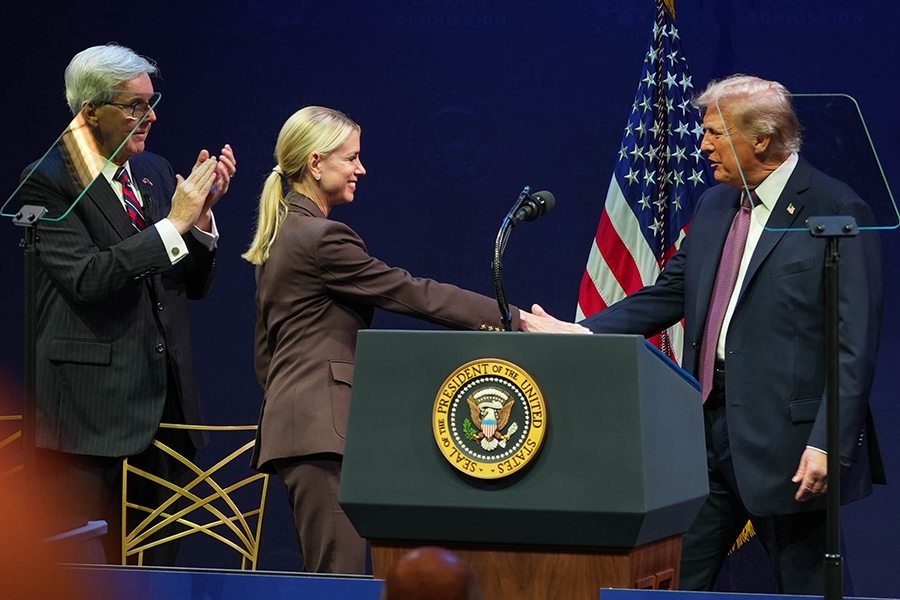The author is a former business writer for the Detroit News who later ran a public relations firm in Manhattan. He now lives in Los Angeles. This column first appeared in his blog, Starkman Approved, and is being republished with permission.
By Eric Starkman
There’s lots of moving parts to this story, so let’s begin with an adage I learned when I was a banking reporter. If a customer borrows $1 million from a bank and can’t pay it back, the customer has a problem. If a customer borrows $1 billion from a bank and can’t pay it back, the bank has a problem.
Here’s some adages I’ve coined to educate readers how justice is meted out in America.
If the CEO of a tiny healthcare company fraudulently bills Medicare, the Department of Justice (DOJ) will crush them and send them to jail to do some significant time.
If a hospital with billions in revenues cheats Medicare multiple times and engages in material price gouging as well, the CEO takes home millions of dollars in compensation.
Here’s another DOJ adage:
If one of the best-connected global consulting firms is implicated in almost every facet of opioid sales and manufacturing, the DOJ channels its inner Sgt. Schultz. “We see nothing.”
If a public company eking out less than a measly one percent profit margin delivering drugs to thousands of pharmacies supposedly regulated and monitored by the DOJ’s Drug Enforcement Agency and some opioids it delivered were diverted for illicit use, the DOJ will pursue the company for billions, even after the company already agreed to pay $16 billion in settlements.
Let me explain all this.
DOJ’s Medicare pursuits
The U.S. Attorney’s Office in the Eastern District of North Carolina, a branch of the DOJ, announced last month that Tanya Grant, the 51-year-old CEO of a small medical device company in Raleigh, was sentenced to nearly seven years in prison for false Medicare billing. The poorly written news release doesn’t specify the financial extent of Grant’s wrongdoing. It says companies controlled by Grant billed Medicare for more than $50 million in durable medical equipment between 2014 and 2021, of which Medicare paid more than $17 million. It’s not clear the extent of Grant’s fraudulent billings.

“This defendant was motivated by greed, scheming to steal millions in taxpayer dollars meant for senior citizens and the needy,” U.S. Attorney Michael Easley, thundered in a news release. “She used her fraud to fuel her lavish lifestyle, including a vacation home, luxury cars, jewelry, and a boat. Health care fraud like this costs taxpayers billions of dollars each year. We will use every avenue to root it out and bring offenders to justice.”
Weeks before Easley assured U.S. taxpayers they could count on the DOJ to protect them, his counterpart responsible for the Northern California District issued this release saying that Sutter Health agreed to pay $13 million to settle allegations that it fraudulently billed government health programs for lab tests performed by others. Again, the release didn’t disclose the extent of Sutter’s improper billings.
“Government health care programs must be protected, and this office will investigate and pursue health care providers that fail to provide the services paid for by public health care programs,” U.S. Attorney Stephanie M. Hinds assured taxpayers.
Read more: Starkman: America’s Farcical Department of ‘Justice’




